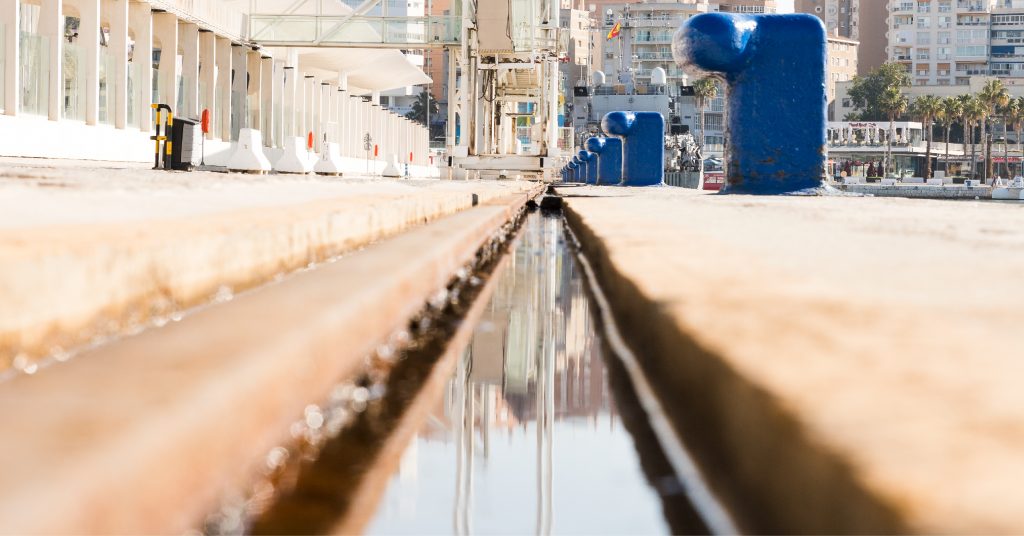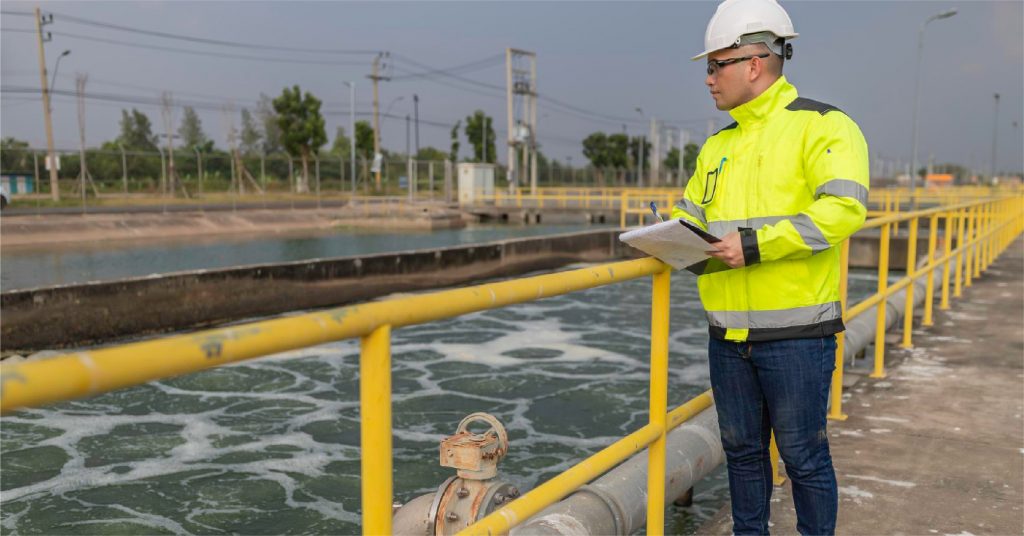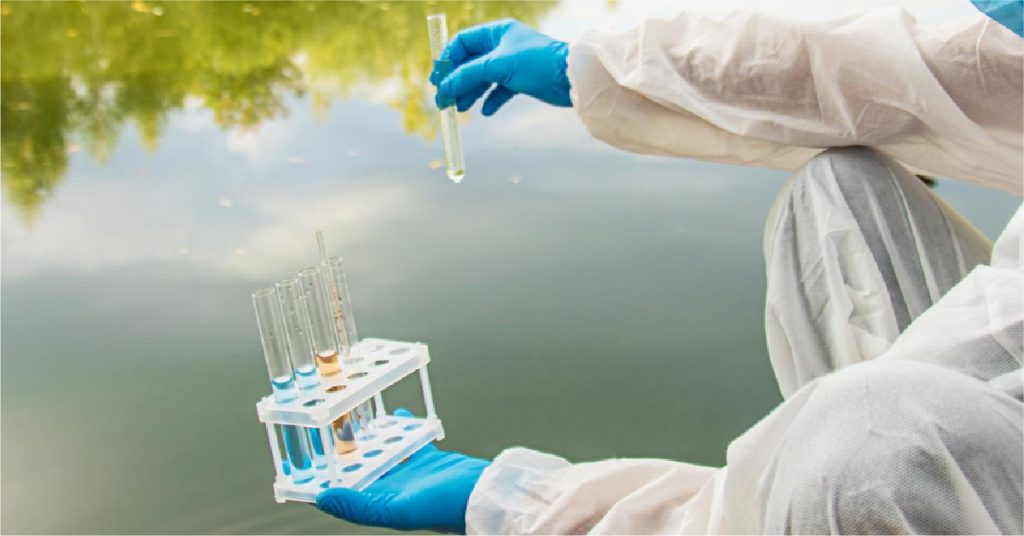Wastewater management is critical to preserving Sri Lanka’s environment and protecting public health. With rapid urbanization and industrial growth, untreated wastewater poses significant challenges, including water pollution, contamination of drinking water sources, and the spread of waterborne diseases. These challenges demand a comprehensive and effective wastewater treatment process that ensures safe water for reuse or discharge into the environment.
In this blog, we will explore what is wastewater treatment process, the key stages involved, and the benefits of implementing effective wastewater treatment solutions in Sri Lanka.
What is the Wastewater Treatment Process?
Before delving into the specific steps, it’s essential to understand what is wastewater treatment process. Wastewater treatment refers to the series of processes used to remove contaminants, organic matter, and harmful microorganisms from water before it is released back into the environment or reused. The goal of the wastewater treatment process is to reduce pollutants to safe levels, ensuring that the treated water does not pose a risk to human health or ecosystems.
In both urban and rural areas of Sri Lanka, wastewater treatment plays a vital role in maintaining water quality, protecting natural resources, and preventing the contamination of drinking water supplies.
An Overview of the Wastewater Treatment Plant Process
The wastewater treatment plant process involves several stages that progressively remove contaminants from wastewater.
- Preliminary Treatment: This is the first step in the wastewater treatment plant process, where large debris such as sticks, leaves, and plastic is removed using screens and grit chambers. This step is essential to protect the machinery used in subsequent stages from damage caused by large solids.
- Primary Treatment: In this stage, the water passes through sedimentation tanks where suspended solids settle at the bottom, forming sludge. Oils and grease are skimmed off the surface, and the remaining liquid moves on to the next stage.
- Secondary Treatment: This biological treatment stage uses microorganisms to break down organic matter and pollutants in the wastewater. The bacteria consume the organic material, converting it into simpler substances like carbon dioxide and water.
- Tertiary Treatment: The final stage in the wastewater treatment plant process involves advanced filtration and chemical treatments to remove nutrients, pathogens, and any remaining contaminants. Methods such as chlorination, UV treatment, and reverse osmosis are commonly used to disinfect the water and prepare it for safe discharge or reuse.
- Sludge Treatment and Disposal: Throughout the process of wastewater treatment, sludge is generated as a byproduct. Methods such as anaerobic digestion, composting, or incineration can be used to treat and dispose of sludge in an eco-friendly manner.
Benefits of an Effective Wastewater Treatment Process
Implementing a comprehensive and efficient wastewater treatment process brings numerous benefits to Sri Lanka:
- Effective wastewater treatment reduces pollution in rivers, lakes, and oceans, protecting aquatic ecosystems and wildlife.
- By removing harmful pathogens and contaminants, the wastewater treatment plant process helps prevent the spread of waterborne diseases.
- Treated wastewater can be reused for agriculture, industrial processes, or even as potable water, reducing the demand for freshwater resources and promoting water conservation.
- Efficient wastewater management can lower costs related to water sourcing, treatment, and waste disposal while creating opportunities for water reuse in industries.
How Ion Exchange Enhances the Wastewater Treatment Process in Sri Lanka
Ion Exchange, a leader in water and wastewater treatment solutions, plays a pivotal role in enhancing the wastewater treatment process in Sri Lanka. By offering state-of-the-art technology and customized solutions, Ion Exchange helps industries, municipalities, and communities implement efficient wastewater treatment plant processes that meet regulatory standards and promote sustainability.
Our state-of-the-art wastewater treatment plants offer pioneering solutions that focus on wastewater recycling and source reduction, alongside waste management through product recovery and waste minimization. Utilizing innovative, energy-efficient, and cost-effective technologies such as membranes, advanced oxidation, and evaporation, these integrated systems help conserve water by recycling wastewater and recovering valuable by-products for reuse. This approach not only supports zero liquid discharge objectives but also delivers a strong return on investment for our customers while protecting the environment. After conducting bench-scale and pilot plant studies and detailed site surveys, we select the most appropriate technologies for industries such as power, fertilizer, electronics, textiles, chemicals, food & beverage, pulp & paper, pharmaceuticals, and automotive sectors. Our product line includes:
Conclusion
The importance of an effective wastewater treatment process in Sri Lanka cannot be overstated. It is essential for protecting the environment, promoting public health, and ensuring sustainable water management. By following the key steps in the wastewater treatment plant process, Sri Lanka can improve its wastewater management practices and meet the growing demand for clean, safe water. As Sri Lanka continues to urbanize and industrialize, adopting efficient and sustainable wastewater treatment plant processes will be vital to ensuring a healthier, more sustainable future.





